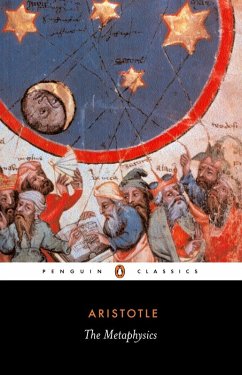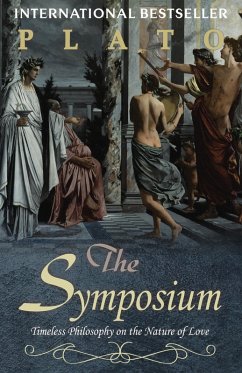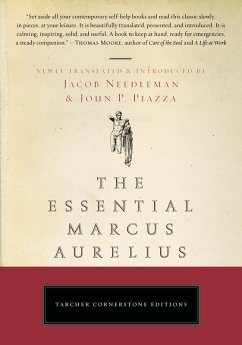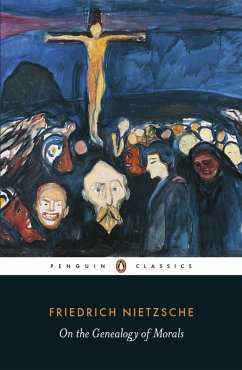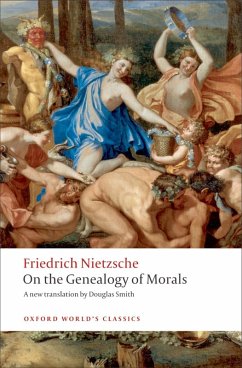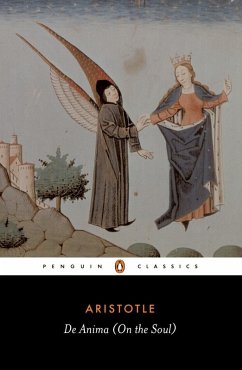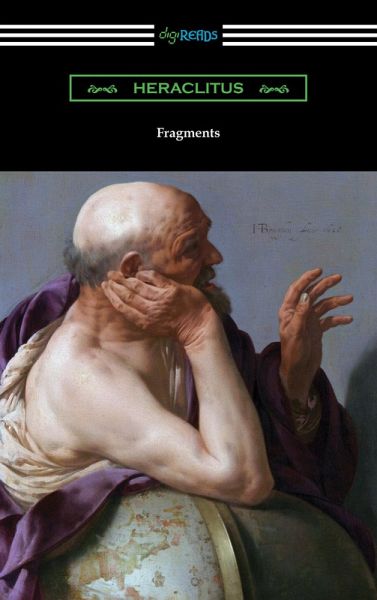
Fragments (eBook, ePUB)

PAYBACK Punkte
3 °P sammeln!
Heraclitus of Ephesus was a pre-Socratic Greek philosopher born in approximately 535 BC in the ancient city of Ephesus, then a part of the Persian Empire. While little is known of his early years, Heraclitus rejected his privileged upbringing and lived isolated and lonely. He was often plagued by periods of depression, earning him the moniker the "Weeping Philosopher". He is most well-known for his philosophy of change and flux and is attributed with writing the phrase "No man ever steps in the same river twice". Heraclitus believed in the harmony of the world and the unity of opposites, stati...
Heraclitus of Ephesus was a pre-Socratic Greek philosopher born in approximately 535 BC in the ancient city of Ephesus, then a part of the Persian Empire. While little is known of his early years, Heraclitus rejected his privileged upbringing and lived isolated and lonely. He was often plagued by periods of depression, earning him the moniker the "Weeping Philosopher". He is most well-known for his philosophy of change and flux and is attributed with writing the phrase "No man ever steps in the same river twice". Heraclitus believed in the harmony of the world and the unity of opposites, stating that "the path up and down are one and the same". According to Diogenes, Heraclitus worked for many years on a single "continuous treatise On Nature", which "was divided into three discourses, one on the universe, another on politics, and a third on theology". Unfortunately, only fragments of this monumental work remain and many of the ideas believed to have originated with Heraclitus may only be found in the works of other authors. Those fragments are presented here in a translation and with critical commentary by G. T. W. Patrick.
Dieser Download kann aus rechtlichen Gründen nur mit Rechnungsadresse in A, D ausgeliefert werden.





